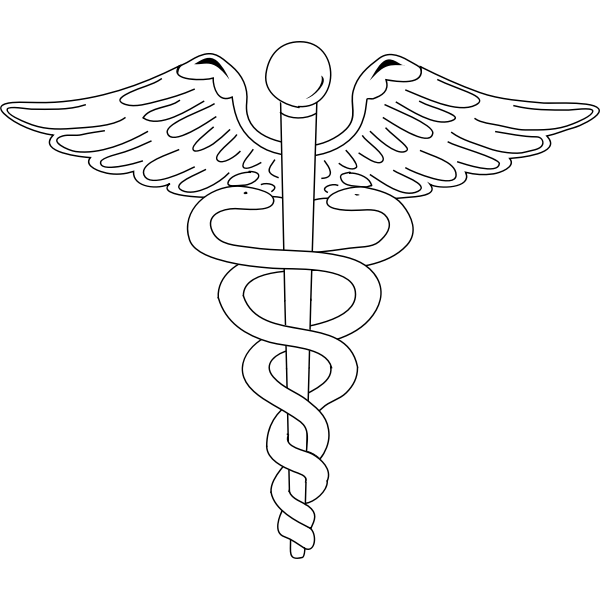A Medical Approach to Maintenance?
While waiting in my doctor’s surgery, it dawned on me that the medical fraternity’s approach to health, has a lot of similarities to equipment maintenance.
Take “EMERGENCY” response. Medically, it’s about triage, attending to the most urgent, and on the longer term, getting back to health. For equipment, an unexpected failure triggers a marshalling of resources, that work to restore performance as quickly and effectively as possible.
It doesn't take too much imagination to see the parallels between the medical response to accidents and the maintenance response to major equipment failures.
But....
- What happens if the “responders” have not been trained properly or are not there to respond?
Do we train our people to be ready or do we simply hope that “…it won’t happen to us…” ?
Now, consider “PLANNED MAINTENANCE”. As humans, good nutrition, regular exercise and good sleep, is needed so that we are able to perform day after day. When I over-indulge with the “wrong fuels” or cut rest short, my performance suffers. If ignored for a long time, “bad things” happen.
In the factory, regular maintenance prevents failures caused by undetected deterioration. We change filters before they block, we change blades before they are blunt, we replace belts before they break and many other things to avoid failures.
But...
- Do we have proper maintenance plans, based on good data, that ensure we take action before it’s too late?
Do we review and adjust plans as machines age and obsolescence of parts increase?
“PREDICTIVE MAINTENANCE” by my Doctor, involves things such as testing my blood pressure, assessing mental health and even taking blood samples for annual tests and measurements. All designed to pick up trends before unexpected "failures" occur.
In our factories, thermography of switchboards identifies hot spots, Oil sampling & testing identifies contamination, Vibration monitoring provides early warning of failure and so on
But...
- Do we, like our Doctors and specialists, review the data, looking for trends and take action?
Do we rely on memory and "gut feel", or do we reference up to date records and information? Can we rely on our CMMS?
Finally, what about "COSTS" ? It can be tempting to cut costs and stop seeing my doctor and adopt an emergency response approach. We all have a Risk versus Reward equation that we apply, but I'm guessing not many people willingly choose the, "...I'll call an ambulance, when I need one..." approach to their health. Whenever we cut equipment maintenance, we increase the risk of failure and the risk/reward equation needs to be clearly articulated to the business, just like any other strategy.
But...
- Do we quantify and communicate the increased risk, so that the Business can make a balanced call ?
How should we look after your equipment and processes?




